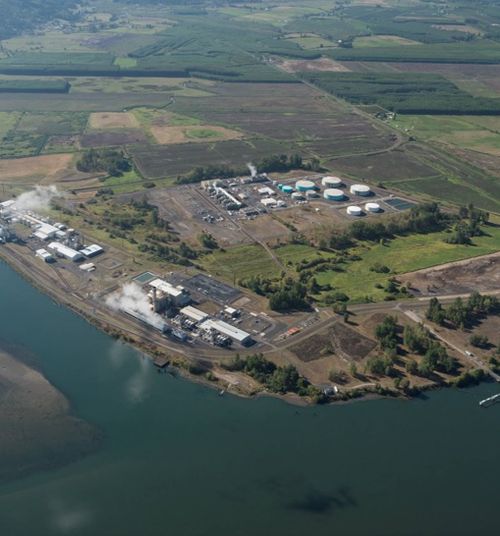Gulf Coast Ammonia, the developer of a world-scale ammonia plant in Texas City, Texas, has paused a sale process until the plant reaches commercial operations, according to two sources familiar with the matter.
The process to sell the plant, which will produce 1.3 million tons of ammonia per year, was underway earlier this year, led by Jefferies as sellside advisor. The plant was expected to reach COD in 2023, according to documentation.
The project was initiated by Agrifos Partners LLC and advanced to FID in collaboration with joint venture development partners Mabanaft and Macquarie Capital. Following the FID taken in late 2019, GCA is wholly owned by a joint venture of Mabanaft and Lotus Infrastructure (formerly known as Starwood Energy).
GCA is investing $600m towards the construction, operation, and ownership of the ammonia plant, which is situated on land owned by Eastman Chemical Company within Texas City’s industrial park. It includes a portion of Eastman’s port access.
In tandem with the ammonia plant construction, Air Products is building a $500m steam methane reformer to provide hydrogen to the plant via pipeline. Air Products noted in a recent investor presentation that the SMR project recently came onstream.
Officials at Lotus, Mabanaft, and Jefferies did not reply to inquiries seeking comment.






